What is Presbyopia?
Close-up eyesight generally starts to decline around age 40 or older as part of the natural aging process. This change in vision is known as presbyopia, and it affects the ability to focus on objects that are near the eyes. It appears because as we age, the lenses in our eyes basically begin to become less flexible. Nearly everyone, even people who have had perfect vision their whole lives, could begin to discover that they need to hold books or other objects farther away to see them. They may also suffer from migraines or eye fatigue from activities that never gave them trouble previously. At one of our 4 locations, the skilled team at Kirk Eye Center can provide a range of options to enhance your eyesight.
What Are the Symptoms of Presbyopia?
Patients who have started to develop presbyopia will frequently first notice difficulty focusing on nearby objects. One obvious red flag of presbyopia is noticing you have to hold objects away from the eyes to be able to see them. Other signs may include headaches or aching eyes after near-vision-intensive tasks, such as writing or using a computer. If left untreated, presbyopia symptoms can become more pronounced.

What Are the Causes of Presbyopia?
Presbyopia is not the result of irregular eye shape, even though most visual impairments stem from that. The proteins that are part of the eye’s lens are affected by age, especially after a person is 40 years of age, causing the lens to stiffen and lose elasticity. The aging process also takes a toll on the muscle fibers wrapped around the lens. They eventually become weaker and less responsive. Due to this, it is more difficult for the lens to make itself rounder or flatter, which impairs focus.
How is Presbyopia Diagnosed?
Your eye care professional will perform a comprehensive eye exam to properly diagnose presbyopia and determine your best course of treatment. A few acuity tests may be needed to establish the severity of the condition and determine the level of correction you need. As presbyopia is a vision impairment that stems from the eye’s lens, a certain kind of eye drop may be used to enlarge your pupils. This will allow your doctor to fully check the inside of your eyes and determine how well your lenses are working.
Frequently Asked Questions
How is Presbyopia Treated?
Typically, people correct their presbyopia using eyeglasses with certain types of lenses. Out of these special lenses, bifocal and progressive lenses are the most common. Progressive lenses do the same job as multifocal lenses but look exactly like general lenses because they don’t have obvious lines. Bifocal lenses have a visible line toward the bottom half that begins the area used for up-close vision. Many men and women with presbyopia prefer to just use reading glasses (often called readers) and remove them when they aren’t needed for up-close activities. Multifocal contact lenses can also be worn to achieve sharp vision, and monovision contacts are a good choice for those who have both presbyopia and nearsightedness. Also, laser surgery may work to reduce the effects of presbyopia.
Fight Age-Related Vision Loss
Presbyopia is a normal, age-related condition that is fully manageable with the right glasses or contacts. At Kirk Eye Center, our remarkable team of eye care professionals can help you ditch the problems that come with reduced close-up vision. We perform full eye exams at all 4 of our locations, so contact us today.

